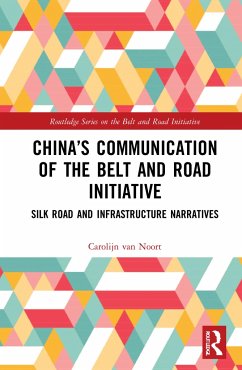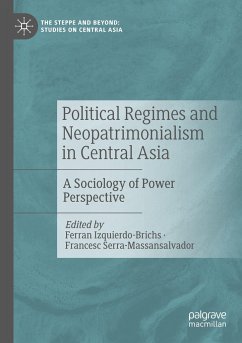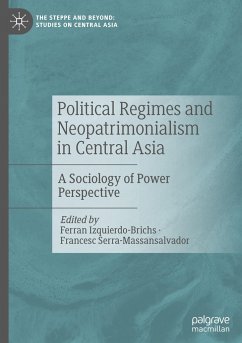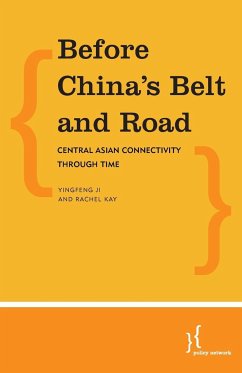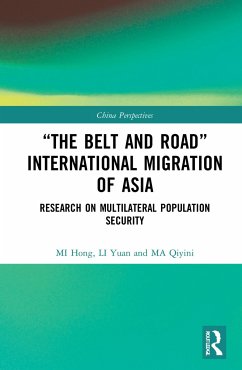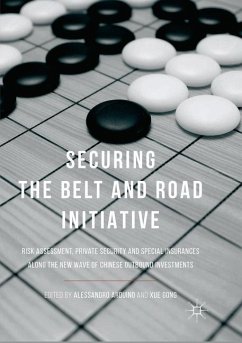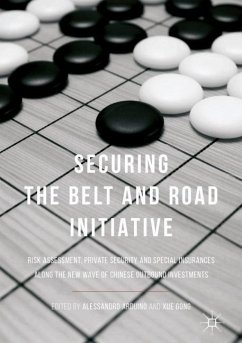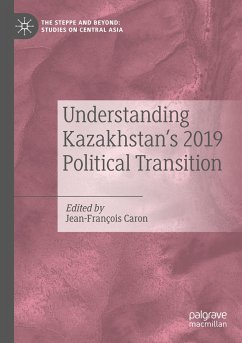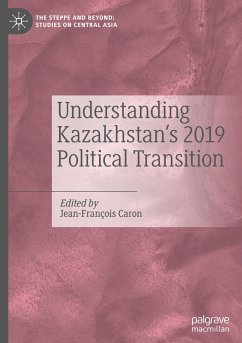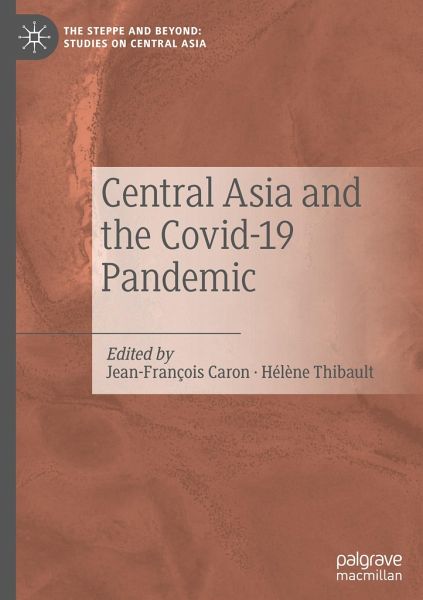
Central Asia and the Covid-19 Pandemic

PAYBACK Punkte
25 °P sammeln!
This book aims at shedding light on the reasons why the death rates during the pandemic were so high in Central Asia. More specifically, this book proposes analysis on why individuals did not follow the sanitary rules imposed by their respective government and on the role played by misinformation. Secondly, it also examines the impact of Sinophobia in Central Asia and the future challenges this feeling may pose on the authorities in the near future. Lastly, this book also proposes analysis of how the pandemic has contributed to show the inherent vulnerabilities of Kazakhstan and Kyrgyzstan by ...
This book aims at shedding light on the reasons why the death rates during the pandemic were so high in Central Asia. More specifically, this book proposes analysis on why individuals did not follow the sanitary rules imposed by their respective government and on the role played by misinformation. Secondly, it also examines the impact of Sinophobia in Central Asia and the future challenges this feeling may pose on the authorities in the near future. Lastly, this book also proposes analysis of how the pandemic has contributed to show the inherent vulnerabilities of Kazakhstan and Kyrgyzstan by focusing on their immediate and future political consequences.





